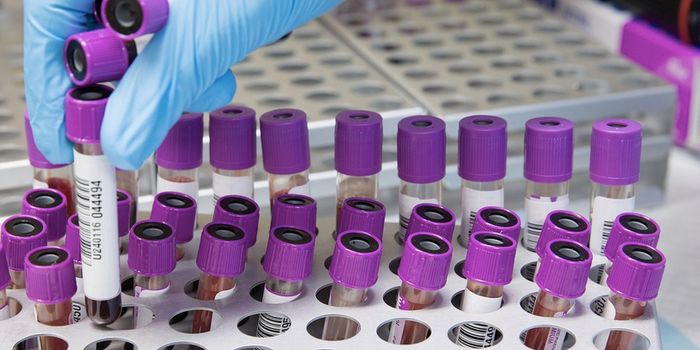Can a Smartphone Treat Mental Illness?
Today people use their smartphones for just about everything. Maps, GPS directions, restaurant recommendations and of course, social media, can all be accessed on a small machine that fits in your pocket. It's an awfully small device considering the very big impact it has on daily life.
While there are many health apps that can monitor pulse rates, food intake, exercise and other conditions, mental health doesn't seem to be something the smartphone can handle. A new study, however, shows that the potential for a smartphone app to deal with mental health issues like depression or anxiety might not be far off.
Scientists at the University of Washington School of Medicine BRiTE Center have found that a smartphone based mental health program was just as effective as clinical treatment for patients dealing with mental illness. Even more significant was the result that showed more patient engagement, which is a huge part of mental health treatment. Getting patients to "buy in" to a treatment program is most of the battle in treating illnesses like schizophrenia and major depressive disorder. The study, published in the journal. Psychiatric Services, shows that an app can compete with clinical treatment and could be the way forward in treating some patients
The study cohort was 163 patients. The group was split and some patients were assigned to use a smartphone app as part of their treatment and other patients were assigned to come to a clinic on a regular basis as part of their protocol. 90% of those assigned to the smartphone app used it at least once. In the patients assigned to more traditional group therapy in a clinical setting, only 58% of patients went to at least one session.
The BRiTE center (Behavioral Research in Technology and Engineering), a part of the University of Washington, seeks to improve mental and behavioral health by using the latest in technology. Lead author of the study is Dror Ben-Zeev, a professor of psychiatry and behavioral sciences and the co-director of the BRiTE Center. He explained, "This study shows that we may lose close to half of our patients when we ask them to come to a clinic. This mobile approach was not only more accessible to them, clinically it was as helpful as group sessions conducted in person." While it might seem that it's just convenience for patients to be able to access care wherever they are, the results show it's about more than convenience. For some patients, it's the only way they will reach out for the care they need.
The authors say their study is the first to show that a smartphone app, most of which are used for minor health issues like heartbeat monitoring and tracking fitness activities, can be valuable for patients who have more serious conditions like schizophrenia. The app addresses auditory hallucinations ("hearing voices") as well as sleep quality, social interaction, mood fluctuations and medication use.
The patients who took part in the study had a variety of serious mental health conditions. 49% had schizophrenia or schizoaffective disorder, 28 percent had bipolar disorder, and 23 percent had major depressive disorder. Those conditions are much more complex than keeping track of carbs or exercise and the needs of that patient group are significant. In the group that had access to the phone app, 56% of completed the full eight weeks of the program compared to only 40% of those assigned to the clinical therapy group. While there was equal satisfaction from patients about each type of treatment, the fact that the app did so well showed that technology does have a place in mental health treatment. Check out the video to learn more about this approach.
Sources: University of Washington The BRiTE Center Journal Psychiatric Services


![Everything You Need To Know About NGS [eBook]](https://d3bkbkx82g74b8.cloudfront.net/eyJidWNrZXQiOiJsYWJyb290cy1pbWFnZXMiLCJrZXkiOiJjb250ZW50X2FydGljbGVfcHJvZmlsZV9pbWFnZV9mNTM1ZjIyYzA5MDE5ZmNmMWU5NmI0ZDc4NWU2MzdiZTZlN2I5ZDk5XzE4NDUuanBnIiwiZWRpdHMiOnsidG9Gb3JtYXQiOiJqcGciLCJyZXNpemUiOnsid2lkdGgiOjcwMCwiaGVpZ2h0IjozNTAsImZpdCI6ImNvdmVyIiwicG9zaXRpb24iOiJjZW50ZXIiLCJiYWNrZ3JvdW5kIjoiI2ZmZiJ9LCJmbGF0dGVuIjp7ImJhY2tncm91bmQiOiIjZmZmIn19fQ==)






